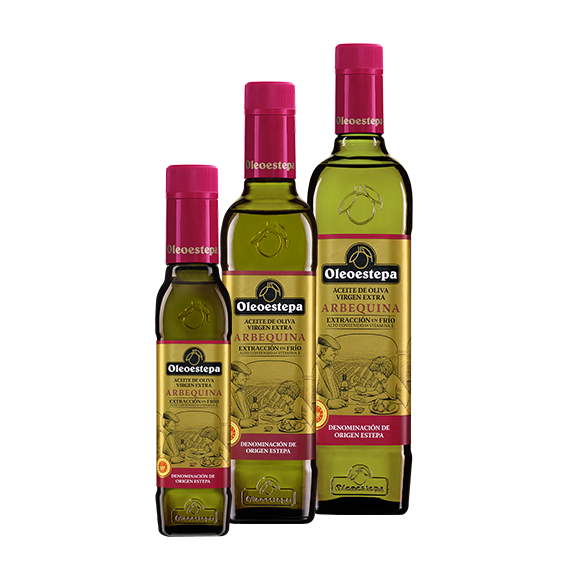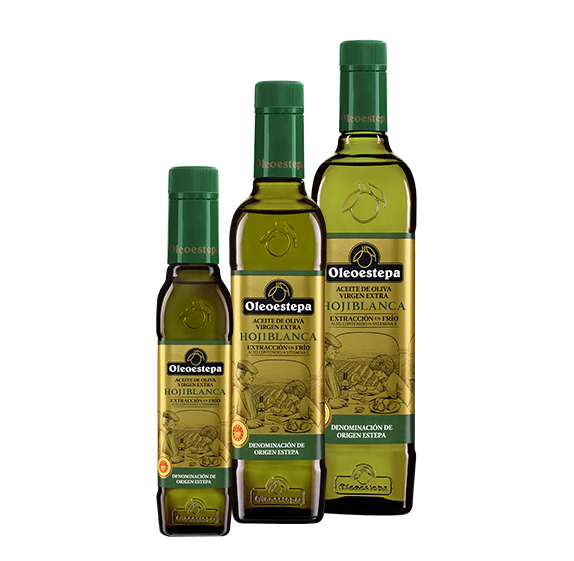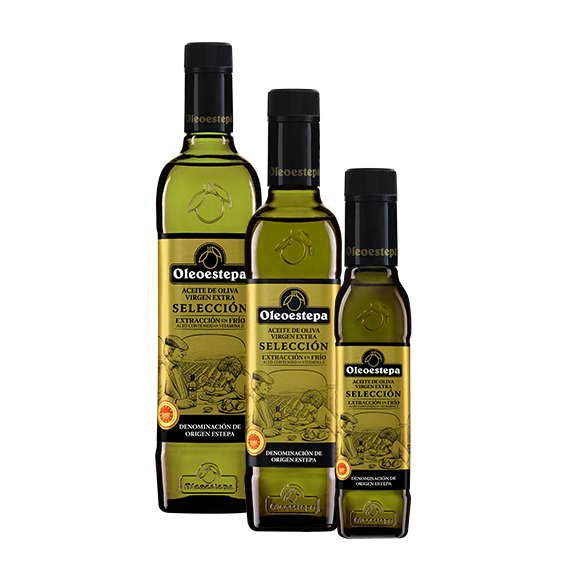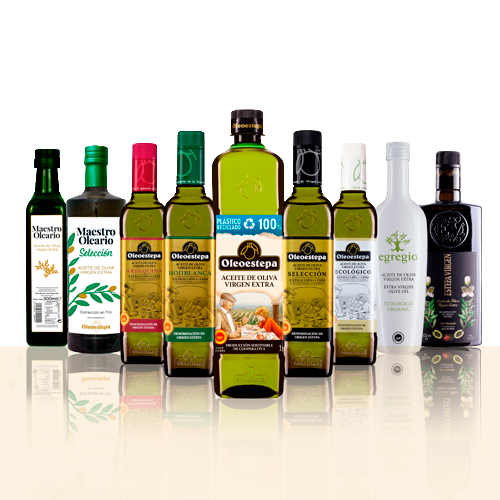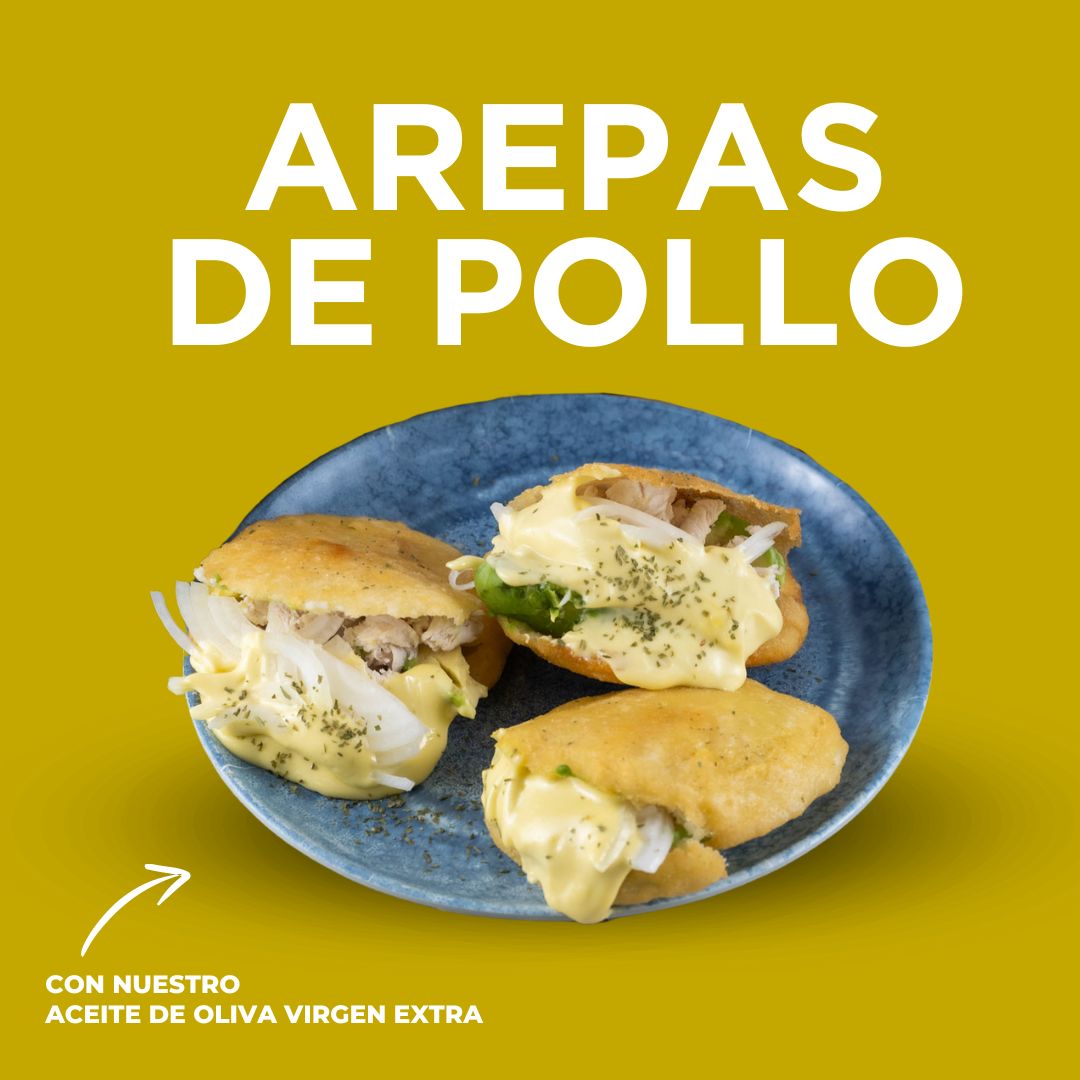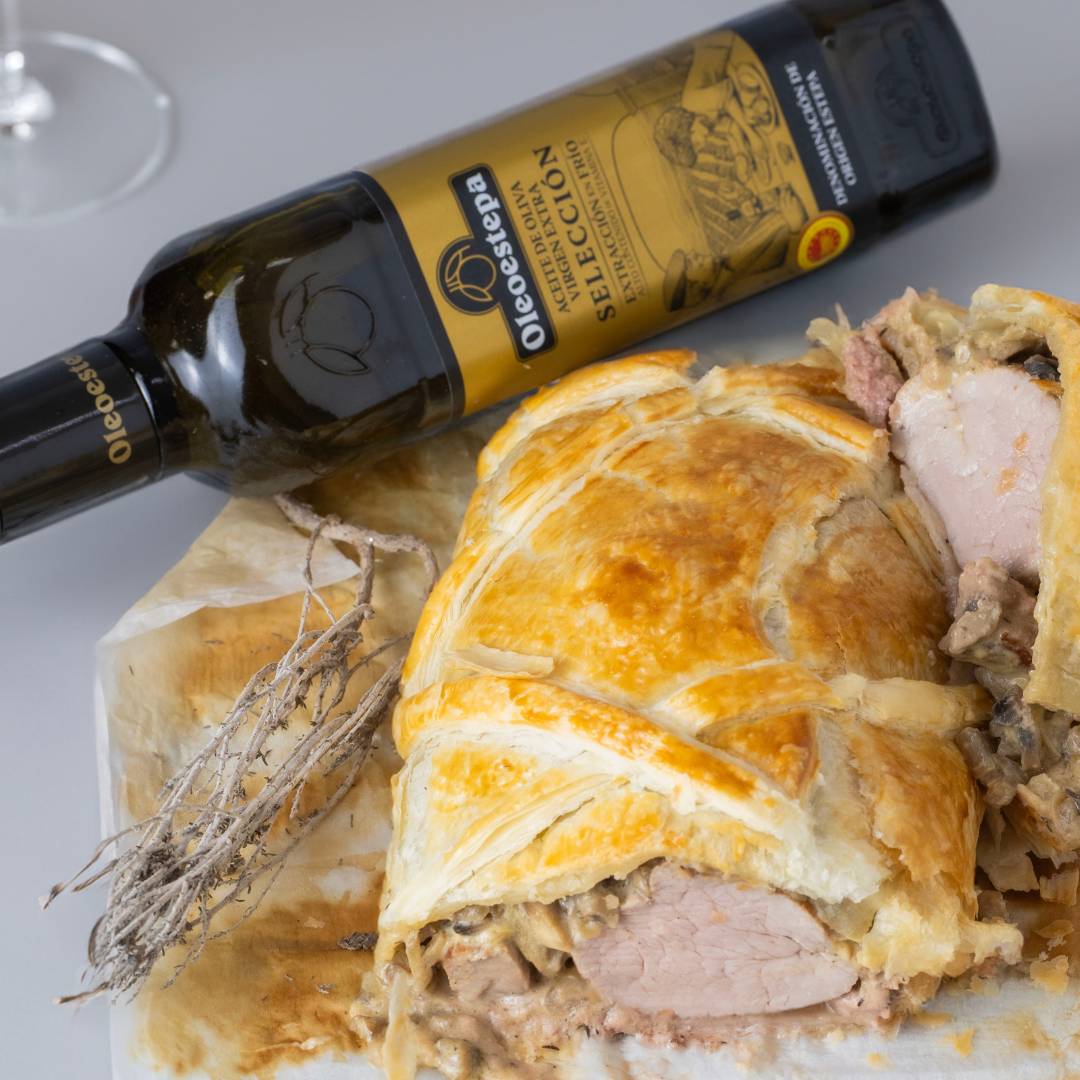Get to know us
We are a large cooperative of 7,000 olive growing families, creators of jobs in a rural area.
Sustainability
An entire ecosystem in perfect balance thanks to a symbiotic relationship between nature and the olive groves.
Latest news
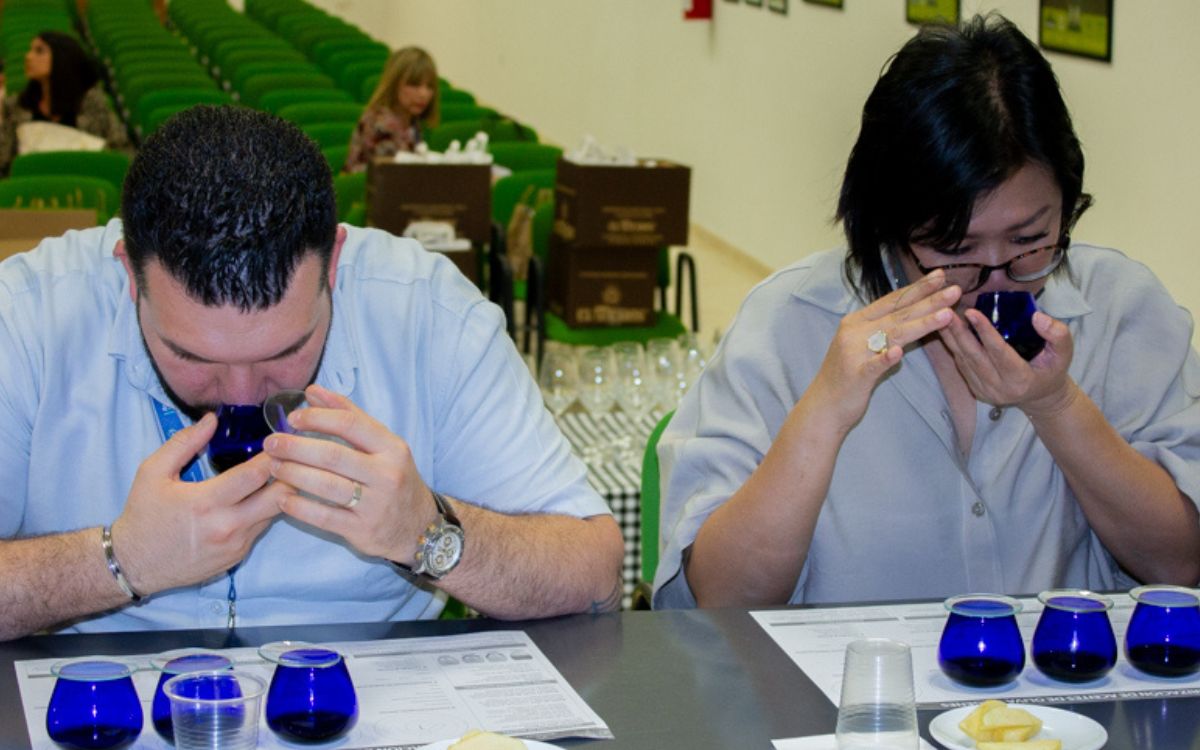
Importers from All Over the World Surrender to the Quality of Oleoestepa’s EVOO
On a notable day that highlights the influence of extra virgin olive oil in the global market, Oleoestepa reaffirmed itself as an international benchmark by hosting 15 renowned importers from various parts of the world. This event, organized in collaboration with Andalucía Trade and ICEX, was a clear demonstration of the quality and passion that […]
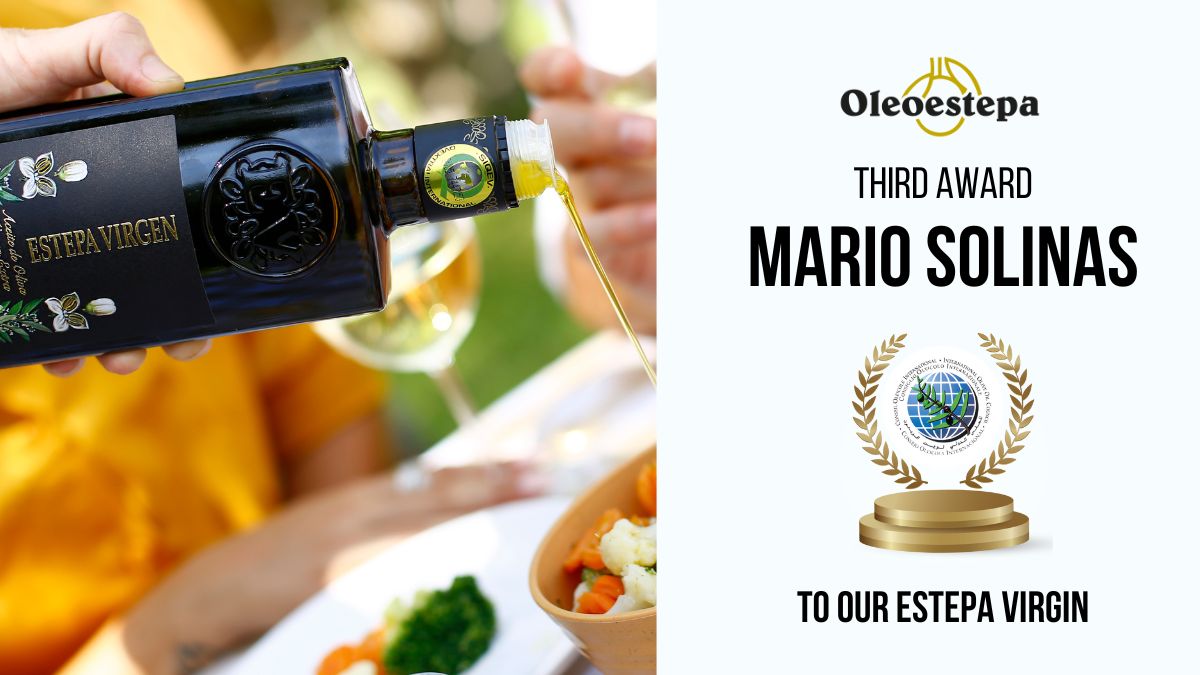
Oleoestepa receives the third international prize Mario Solinas with his “Estepa Virgen”
Oleoestepa, the leading cooperative in the production and commercialization of extra virgin olive oil, has once again been awarded the prestigious Mario Solinas award, granted by the International Olive Council (IOC). On this occasion, they have obtained the third prize in the medium fruitiness category for their magnificent Estepa Virgin olive oil. The IOC Mario […]

